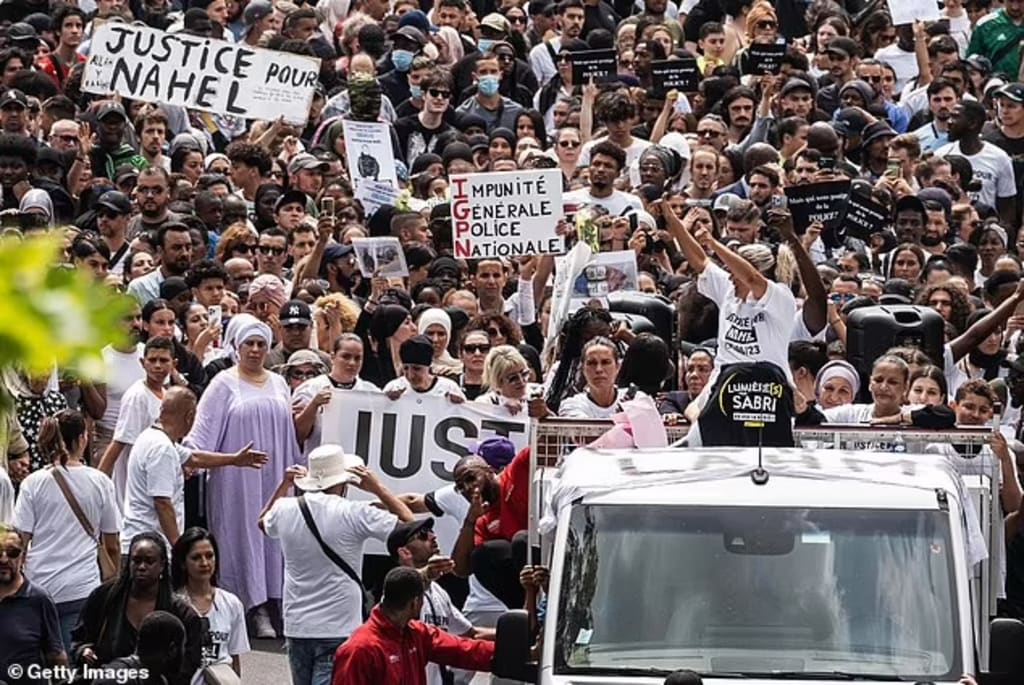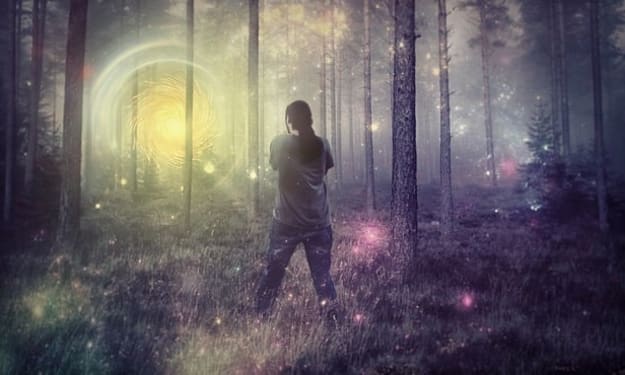How France has erupted under Macron's six-year rule in anti-cop riots
France is caught up in a cycle of upheaval that seems to never stop.

How France has erupted under Macron's six-year rule in anti-cop riots, debilitating Yellow Vest strikes, and violent pension protests
France is caught up in a cycle of upheaval that seems to never stop. Protests have increased in frequency since Macron took office in 2017. The most tumultuous riots of the Macron era thus far are recapped.
Most Heads of State would be quite concerned about a 45,000-strong nationwide police operation to retake control of the streets amid widespread looting, rioting, and protests. But it's just another month for French President Emmanuel Macron.
Under Macron's leadership, France is caught in a cycle of upheaval that seems to never stop, with cities all over the country reeling from a new round of disorderly demonstrations in response to the traffic cop's fatal point-blank shooting of a 17-year-old teenager last Tuesday.
The French have a long history of supporting workers' rights and social justice, which is shown in their inclination to demonstrate and go on strike.
However, since Macron's ascent to power in 2017, these protests have seemed to grow more furious and regular, and pictures of tear gas-filled streets, blazing barricades, and altercations with riot police have become all too common.
Macron's presidency has seen France grind to a halt on several occasions, from the infamous "Yellow Vest" movement in 2018, which saw thousands of protestors don high-visibility jackets and take to the streets to denounce economic inequality, to the pension reforms that sparked a huge general strike in 2019 and again earlier this year.
some of the most tumultuous riots of the Macron era so far, with the French president still expected to serve another four years in office until the next elections and announcing intentions to start fining parents of minors participating in rallies.
After the murder of Nahel, a 17-year-old youngster slain by a French police officer during a traffic stop, in Nanterre, a suburb of Paris, France, on June 30, 2023, French police stand in position as fireworks go off during skirmishes with youth.
The protests against the "yellow vests" or "yellow jackets" in France are absolutely unprecedented in scope.
The protests, which were started in November 2018 over fuel price increases, got their name from the safety vests that French drivers are required to have in their vehicles.
Though it's estimated that 3 million French residents participated in the protests at some point, they swiftly turned into a larger attack on the Macron administration.
When Macron was elected in 2017 on a centrist platform, he came under fire for being out of touch and a "president of the rich." During particularly violent protests in November and December of 2018, rioters vandalized property, torched cars, and spray-painted the Arc de Triomphe as they demanded their demands on their leader resign.
Even though by that time the number of protesters had dropped to just a few hundred per day, the demonstrations continued week after week, throughout 2019 and even until the Covid-19 pandemic in the early months of 2020.
At their heaviest, thousands of demonstrators tried to march on Macron's official residence, the Elysee Palace but were stopped by barricades, rows of heavily armed riot police, and water cannons.
along blockades set up along key roads across France, more than a dozen members of the Yellow Vest movement perished. Hundreds of demonstrators and police officers were also hurt in the ensuing mayhem.
The movement suffered from a lack of leadership amid charges that it was being hijacked, and ultimately, this violence turned some French people away.
Nahel Merzouk, a 17-year-old of Algerian descent who was shot dead by a police officer at close range during a traffic stop in the Paris district of Nanterre, was the catalyst for the protests that erupted across France last week.
Since Tuesday night, when large-scale protests started in major French cities like Paris, Marseille, Lyon, and Toulouse, thousands of people have been detained.
The worst of the violence occurred in the suburbs of Paris, where protestors smashed a family house with a burning car, seriously injuring the wife of one of the local mayors.
A number of police stations and municipal halls were also the targets of vandalism or arson attacks.
Mounia, Nahel's mother, had at first joined the protests and on Thursday of last week, she had led a "White March" of mourners wearing white t-shirts bearing memorials to her late son.
However, following days of violent battles between riot police and protesters, many of whom were young adults or teenagers, Nahel's family members pleaded for peace on Sunday.
Children as young as 12 or 13 years old, according to interior minister Gerald Darmanin, have been imprisoned for attacking law enforcement and starting fires.
Although Macron referred to the killing of Nahel as "inexcusable," he has since spent the week denouncing the rioters for upsetting the Republic and yesterday suggested that the parents of minor rioters face hefty fines.






Comments
There are no comments for this story
Be the first to respond and start the conversation.